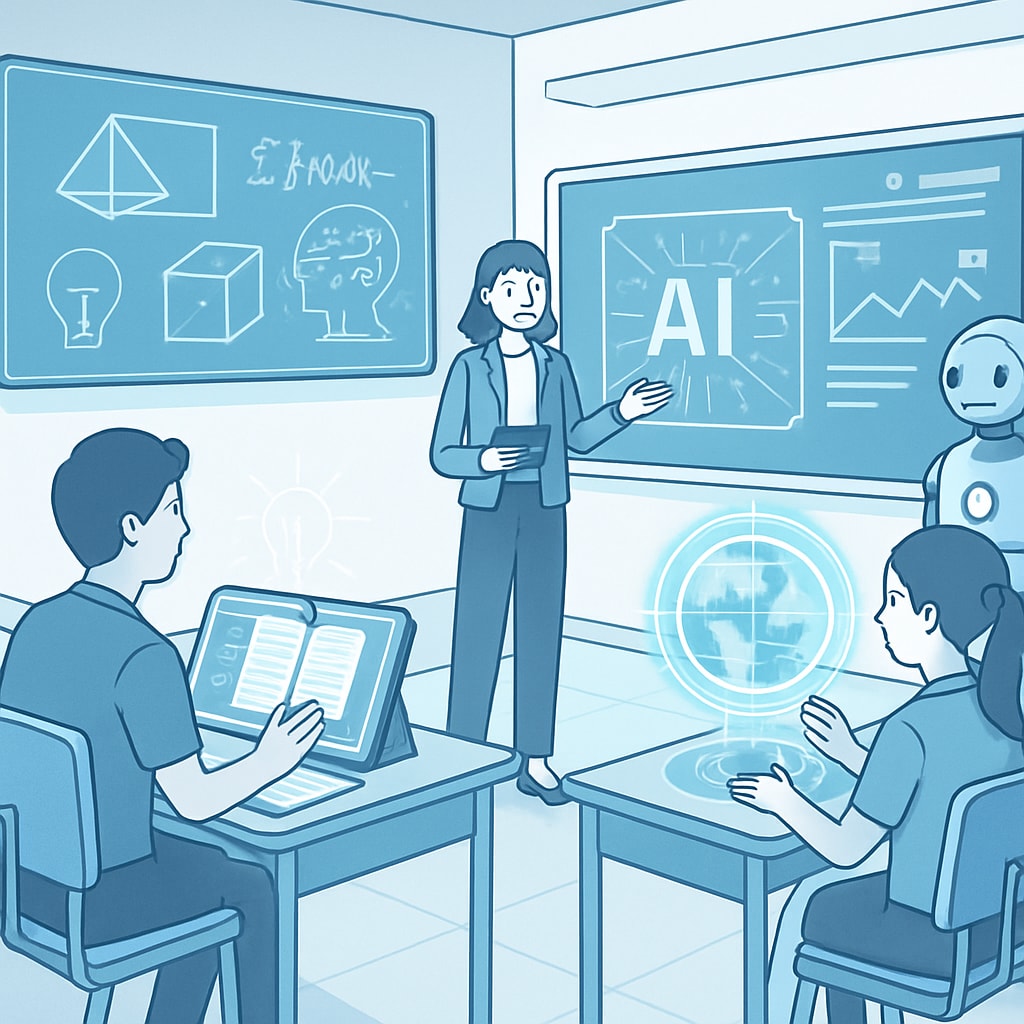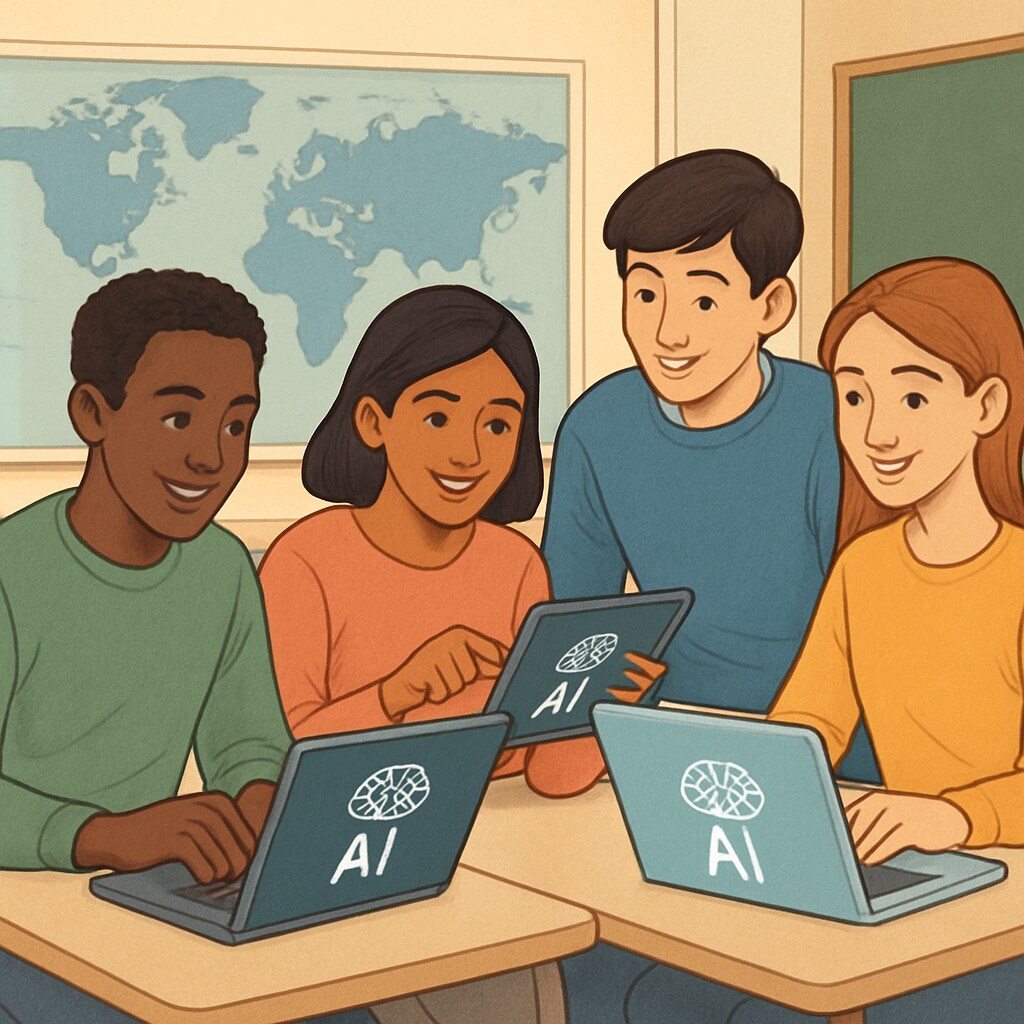Artificial intelligence in education, education trends, and the 2030 education future are no longer distant concepts. As AI technologies evolve rapidly and globalization reshapes societal structures, the education sector is experiencing a profound transformation. By 2030, classrooms will look drastically different, integrating advanced technologies and global perspectives. This article delves into how AI and globalization are driving these changes, redefining teaching methods, teacher roles, and learning experiences.
How Artificial Intelligence is Transforming Education
Artificial intelligence (AI) has already started revolutionizing education, but its impact will be even more pronounced by 2030. From personalized learning powered by machine learning algorithms to AI-driven assessment tools, technology is enabling educators to cater to individual student needs more effectively.
- Personalized Learning: AI systems can analyze vast amounts of student data to create tailored learning paths, ensuring each student progresses at their own pace.
- Assessment Automation: AI tools can evaluate assignments and tests quickly and accurately, saving time for teachers and providing instant feedback to students.
- Virtual Tutors: AI-powered chatbots and virtual assistants offer 24/7 academic support, bridging gaps in traditional education systems.
For example, platforms like Khan Academy are already utilizing AI for adaptive learning, paving the way for future advancements. As a result, classrooms will become more inclusive, accommodating diverse learning styles and abilities.

The Role of Globalization in Shaping 2030 Classrooms
Globalization has made the world more interconnected, and education is no exception. By 2030, classrooms will embrace global perspectives, preparing students to thrive in a multicultural world.
- Cross-Cultural Curricula: Schools will incorporate diverse cultural studies, fostering global awareness and empathy among students.
- International Collaboration: Virtual exchange programs will allow students from different countries to work on projects together, broadening their perspectives.
- Language Learning: AI-powered translation tools will make learning new languages easier, promoting cross-border communication.
Furthermore, platforms like Coursera and edX are already offering courses from universities worldwide, making high-quality education accessible globally. As a result, the 2030 classroom will prioritize diversity, inclusivity, and collaboration.

Redefining the Role of Teachers and Students
The integration of AI and globalization will also redefine traditional roles in education. Teachers will transition from being knowledge providers to facilitators, guiding students as they navigate personalized learning paths and global projects.
Students, on the other hand, will take a more active role in their education, leveraging AI tools to explore topics independently. This shift will encourage critical thinking, problem-solving, and digital literacy.
Additionally, professional development for educators will focus on equipping them with the skills to integrate AI and global perspectives into their teaching methods. Organizations like UNESCO are already promoting global citizenship education, setting the stage for these changes.
Challenges and Opportunities
While the future of education in 2030 is promising, it comes with challenges. Issues like data privacy, digital divide, and cultural sensitivity must be addressed to ensure equitable access to AI-powered tools and globalized curricula.
However, these challenges also present opportunities for innovation. Governments, educators, and tech developers must collaborate to create ethical AI systems and inclusive educational policies. As a result, the 2030 education landscape can become a model for sustainable and equitable learning.
Conclusion: Artificial intelligence and globalization are reshaping the education sector, creating a dynamic ecosystem that fosters innovation and inclusivity. As we approach 2030, educators and policymakers must embrace these changes, ensuring future classrooms prepare students for an interconnected, technology-driven world. The journey to 2030 is not just about adapting but transforming education for the better.


